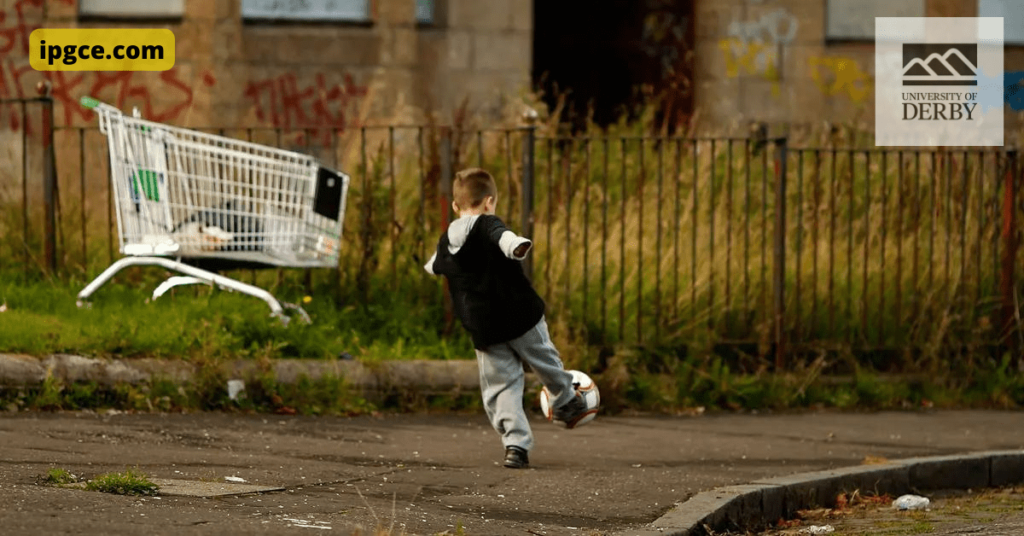Researchers have released data showing more children are in poverty in the northeast of England, whereas the rate is decreasing in other areas.
In partnership with the End Child Poverty Coalition, Loughborough University’s research found that child poverty rates were at their lowest point in seven years.
The share also rose six points in Yorkshire and the Humber and five in Wales.
Researchers studied Department of Work and Pensions data to see what percentage of children live in families with an income under 60% of the median income.
The government found that child poverty in the NE fell from 31% to 27%.
Rates remain alarmingly high, especially in major cities and London boroughs.
Nearly half of all children in Tower Hamlets live in poverty. In 2020-21, more than 40% of children living in the six other parts of London also lived below the poverty line, or Luton, Newcastle, Birmingham, Middlesbrough and Sunderland.
The Baby Bank in Hartlepool was set up three years ago to help families in need with clothes, nappies and essentials.
Cymatic has increased the number of families it works within a week. It worked for six families in 2018, but now there are 120.
Sara Bouchard said she sometimes didn’t have food for two to three days. She worried about buying nappies and clothes for her children but could only afford food.
Why is child poverty increasing across the North East region?
The End Child Poverty Coalition chairman noted that government always has conflicting priorities. Still, surely the well-being of the most vulnerable children should be high on their list due to a painful period of price rises.
Given the current political climate, we should focus on dialogue and plurality of opinion in our society.
With the significant increase in those living below the poverty line, families now have to worry that they will no longer make ends meet.
If a family is on the lowest income, they need access to the Universal Credit system.
The government will be providing families with at least £1,200.
“With our £37 billion support package, we are helping people keep more of what they earn through a tax cut this month. With Universal Credit, we save about £330 for every person or £1,000 for those on Universal Credit. And in April, we’ve boosted the National Living Economy and raised the minimum wage to a maximum of £9.50.”
The UK government has increased the number of accessible school meals and family support.
WHat should the government initiate to minimize poverty in the country? Share your thoughts in the comments below.
For more news on international education, follow us on IPGCE and WeChat.
Wechat Code:
Meet Our Successful Graduates: Learn how our courses have propelled graduates into rewarding
careers. Explore their success stories here!
Discover More About Your Future: Interested in advancing your teaching career? Explore our
IPGCE, MA, and QTS courses today!

Explore Our Courses: Ready to take the next
step in your education journey? View our
comprehensive course offerings now!



